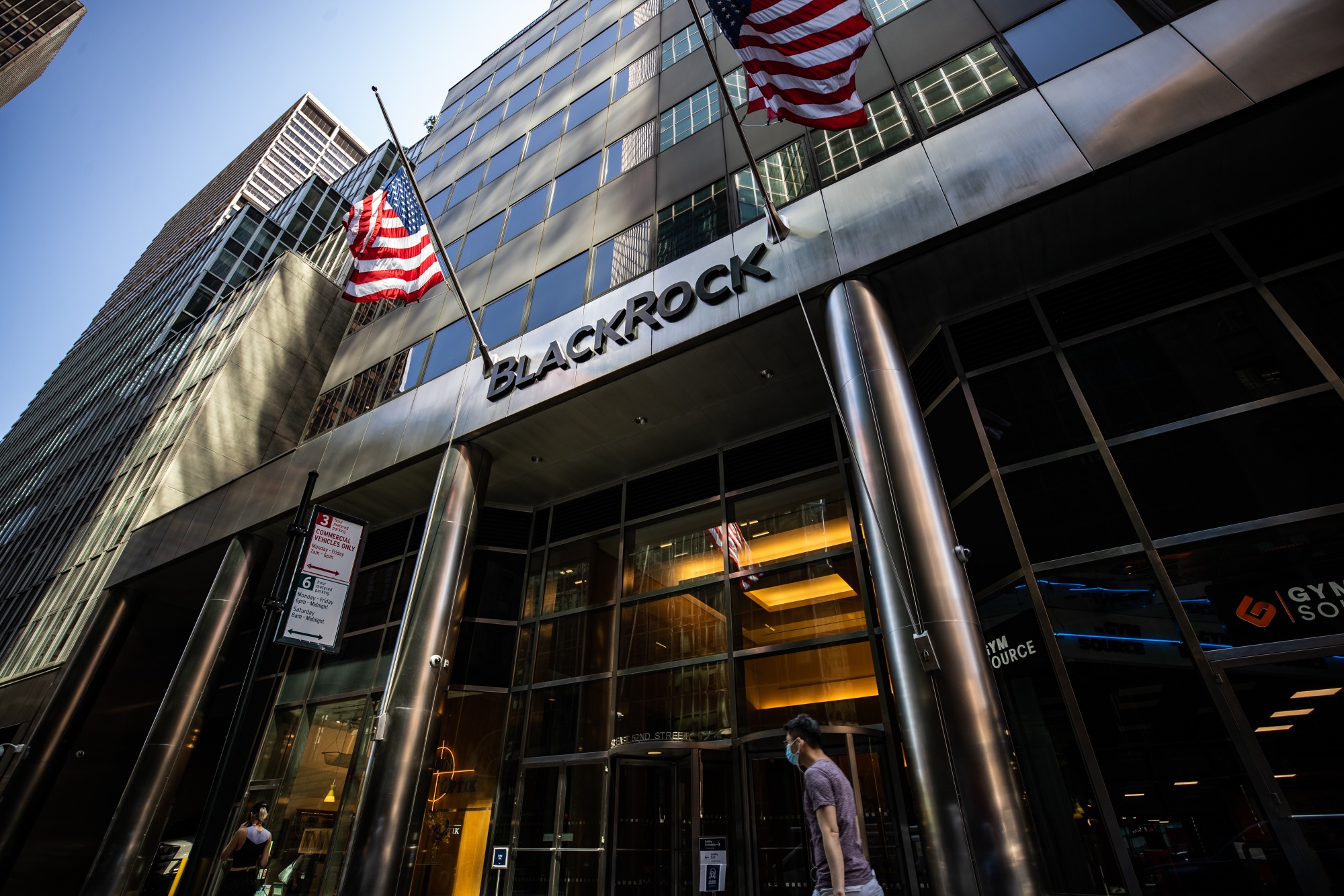The term "BlackRock religion" has emerged as a captivating topic among financial analysts, cultural critics, and the general public. Defined not merely as an investment firm, BlackRock has become synonymous with a new form of faith in capitalism and global finance. Enthusiasts of this concept argue that it represents a belief system where financial markets dictate societal values and priorities, thus creating a unique intersection between economics and ideology.
As one of the world's largest asset managers, BlackRock wields significant influence over global financial markets and corporate governance. The company’s ability to shape economic policies and practices has led to a growing discourse about its role in contemporary society. This has given rise to the notion of 'BlackRock religion,' which suggests that the firm operates as a kind of modern-day deity in the realm of finance, commanding reverence and fear from investors and corporations alike.
In this article, we will delve into the multifaceted dimensions of BlackRock religion, exploring its implications on our economy and society. Are we witnessing the rise of a new financial cult? What does this mean for the future of investment and corporate accountability? Let’s embark on this intriguing journey to uncover the layers of meaning behind this contemporary phenomenon.
Read also:Discover The Best Of Moviespoint 300 A Comprehensive Guide
What is BlackRock Religion?
The term "BlackRock religion" refers to the reverence and faith that investors, corporations, and even governments place in BlackRock as a financial institution. This phenomenon illustrates how financial belief systems have evolved, affecting individual and collective decision-making processes.
How Did BlackRock Become a Central Figure in Finance?
BlackRock was founded in 1988 and has since grown to manage over $9 trillion in assets. Its rise can be attributed to several key factors:
- Innovative Investment Strategies: BlackRock has pioneered risk management and investment strategies that have reshaped the market.
- Global Reach: With offices in over 30 countries, BlackRock's influence extends worldwide, impacting various economies and industries.
- Technological Advancements: The firm's use of technology and data analytics has made it a leader in financial services, enhancing its decision-making capabilities.
Is BlackRock Religion a New Form of Capitalism?
The concept of BlackRock religion raises questions about the nature of capitalism. Some argue that it represents a shift towards a more abstract form of capitalism, where financial metrics and shareholder value overshadow individual welfare and environmental sustainability. Critics of this view suggest that such a system can lead to a disconnect between corporate objectives and societal needs.
What Are the Implications of BlackRock Religion on Society?
The implications of BlackRock religion are numerous and complex. The firm’s influence extends beyond mere financial performance, affecting various aspects of society:
- Corporate Governance: BlackRock's voting power in shareholder meetings often determines the fate of numerous companies, raising questions about democratic processes within corporate governance.
- Social Responsibility: As a major shareholder, BlackRock has the power to influence corporate behavior regarding social and environmental issues.
- Economic Policy: The firm’s views on economic policies can sway governmental decisions, leading to a potential alignment between corporate interests and public policies.
Could BlackRock Religion Lead to Financial Instability?
Some analysts warn that the pervasive influence of BlackRock could lead to market instability. With a significant portion of global assets under its management, any misstep could have dire consequences for the financial system. The concentration of power in a single entity raises concerns about systemic risks and the potential for market manipulation.
How Does BlackRock Address Criticism?
In response to allegations of overreach and influence, BlackRock has made efforts to address criticism through various initiatives:
Read also:Siena Bjornerud Birtay A Comprehensive Guide To Her Life Career And Achievements
- Commitment to Sustainability: The firm has implemented sustainable investment strategies and pledged to prioritize environmental, social, and governance (ESG) criteria in its investment decisions.
- Transparency Measures: BlackRock has increased its transparency regarding its voting practices and investment strategies, aiming to rebuild trust with stakeholders.
- Engagement with Stakeholders: The firm actively engages with companies and investors to address concerns about its influence and promote responsible investing.
What Does the Future Hold for BlackRock Religion?
The future of BlackRock religion remains uncertain, as the firm navigates an evolving financial landscape. As public awareness of corporate influence grows, so too does the scrutiny of BlackRock’s practices. The question remains: can BlackRock adapt to meet the demands of an increasingly skeptical audience while maintaining its position as a financial powerhouse?
In conclusion, BlackRock religion represents a fascinating intersection of finance and ideology, reflecting broader societal trends and economic realities. Understanding its implications is essential as we grapple with the complexities of modern capitalism and the role of influential institutions like BlackRock in shaping our world.


